
Book
Start at the End
How Reverse-Engineering Can Lead to Success
Recommendation
What do some of the most successful athletes, aerospace engineers and tech billionaires have in common? They embrace innovation by harnessing the power of reverse engineering, says racing cyclist Dan Bigham. When captaining an amateur cycling team, Bigham used this method to defeat teams with more money, power and status. The key, he explains, lies in understanding that all systems are flawed, and in embracing an ethos of continuous improvement. Bigham’s writing is motivational and filled with anecdotes from his life. His book will inspire readers across all disciplines to reach their goals.
Summary
About the Author
Dan Bigham is a racing cyclist and captain of the HUUB Wattbike cycling team.
Learners who read this summary also read
Book
Book









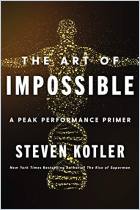
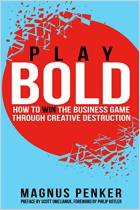
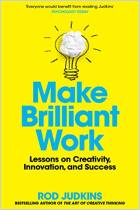
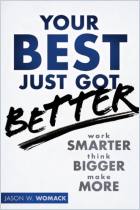
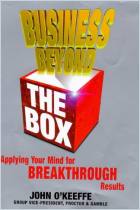
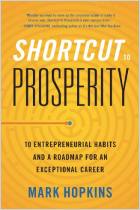

Comment on this summary or 开始讨论